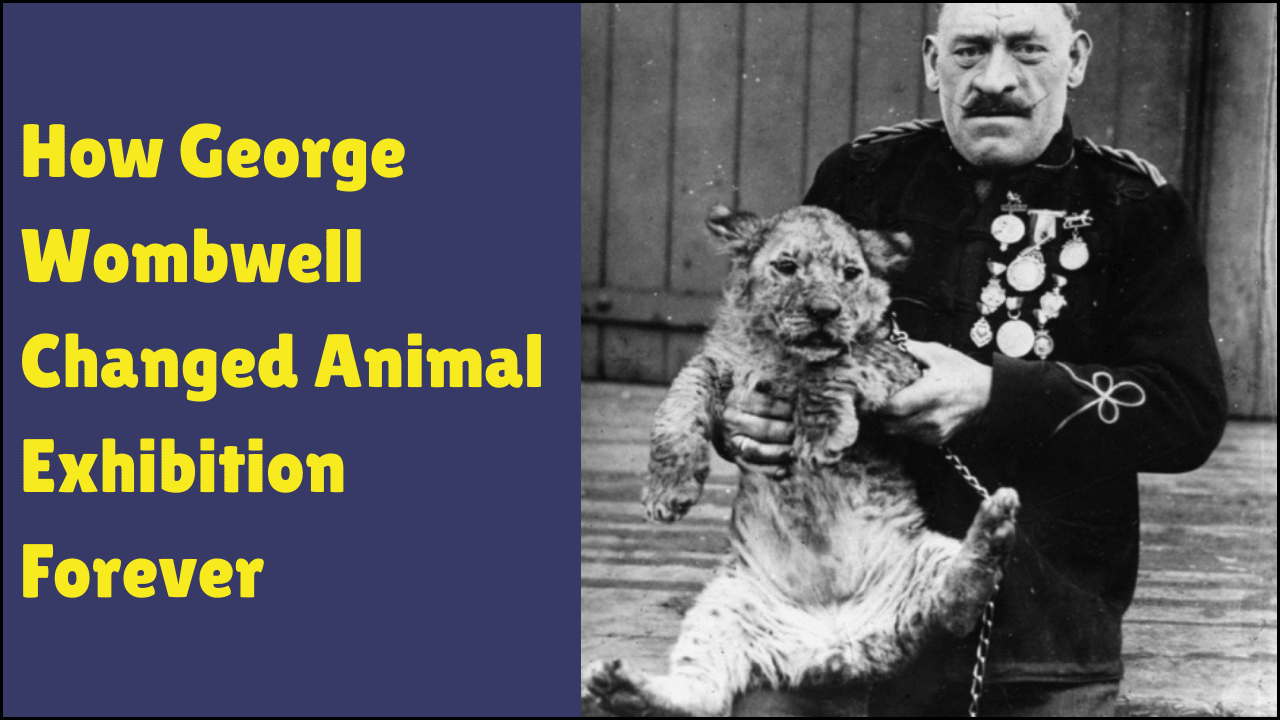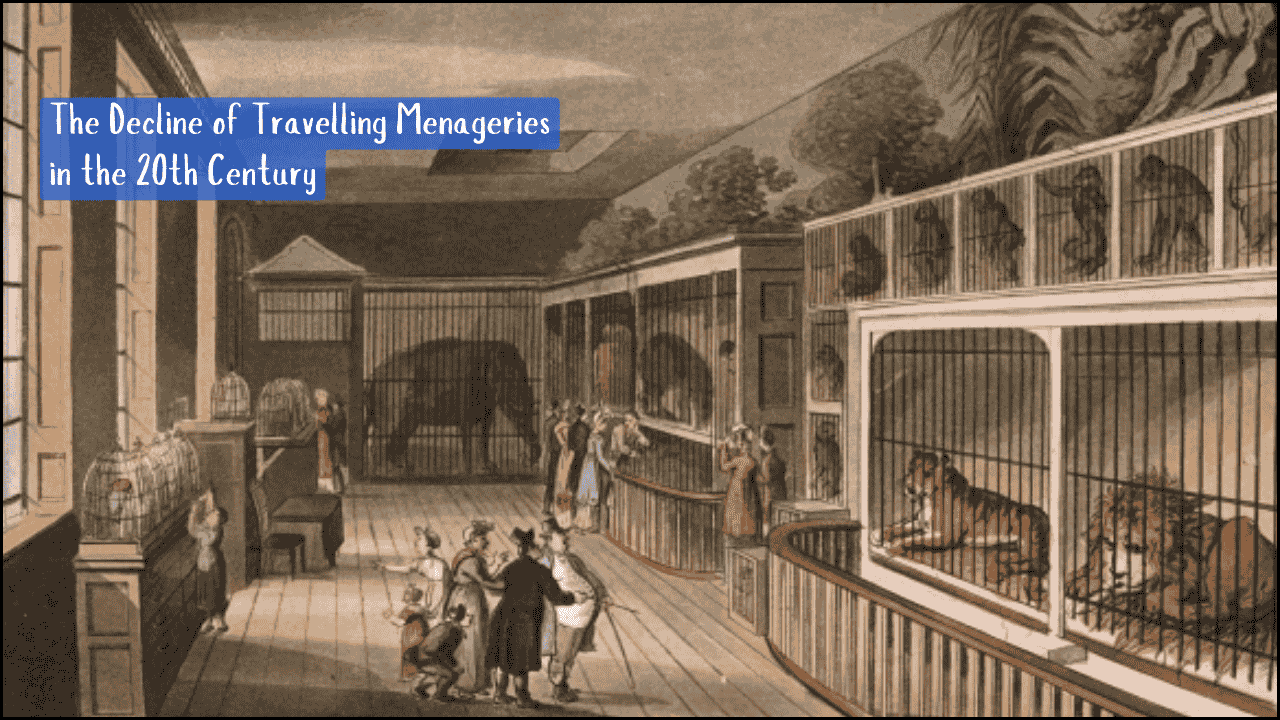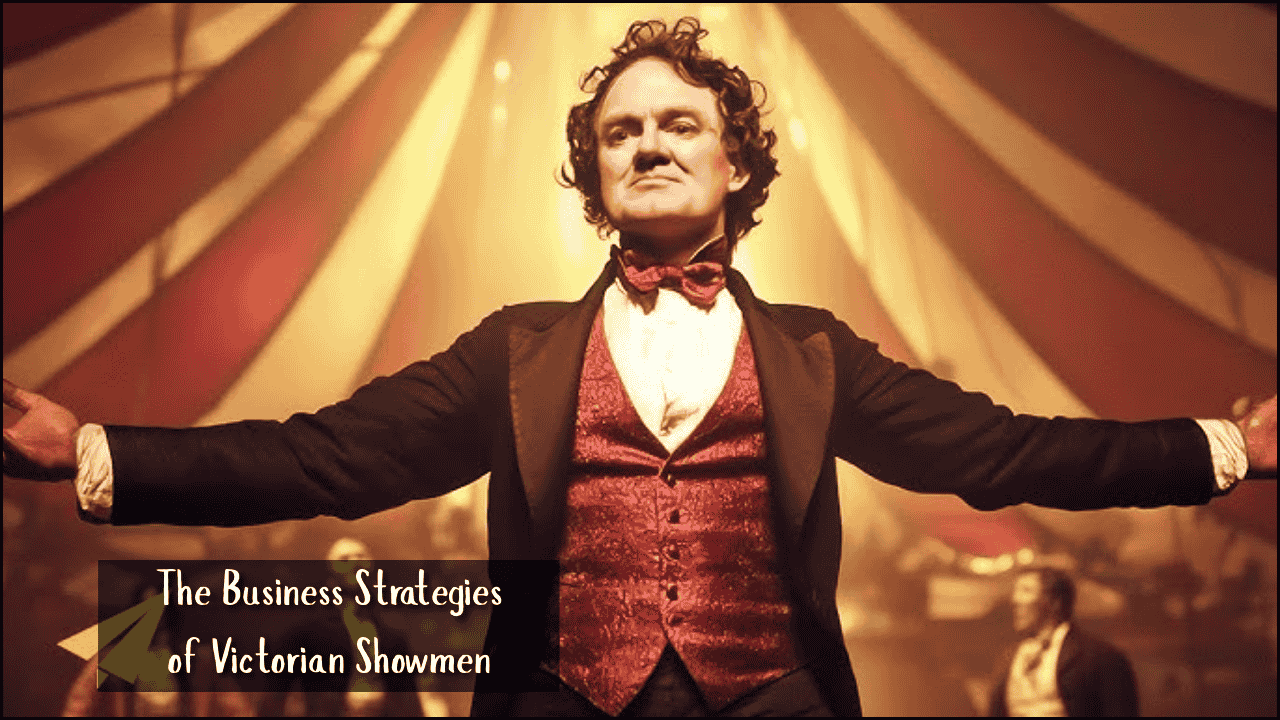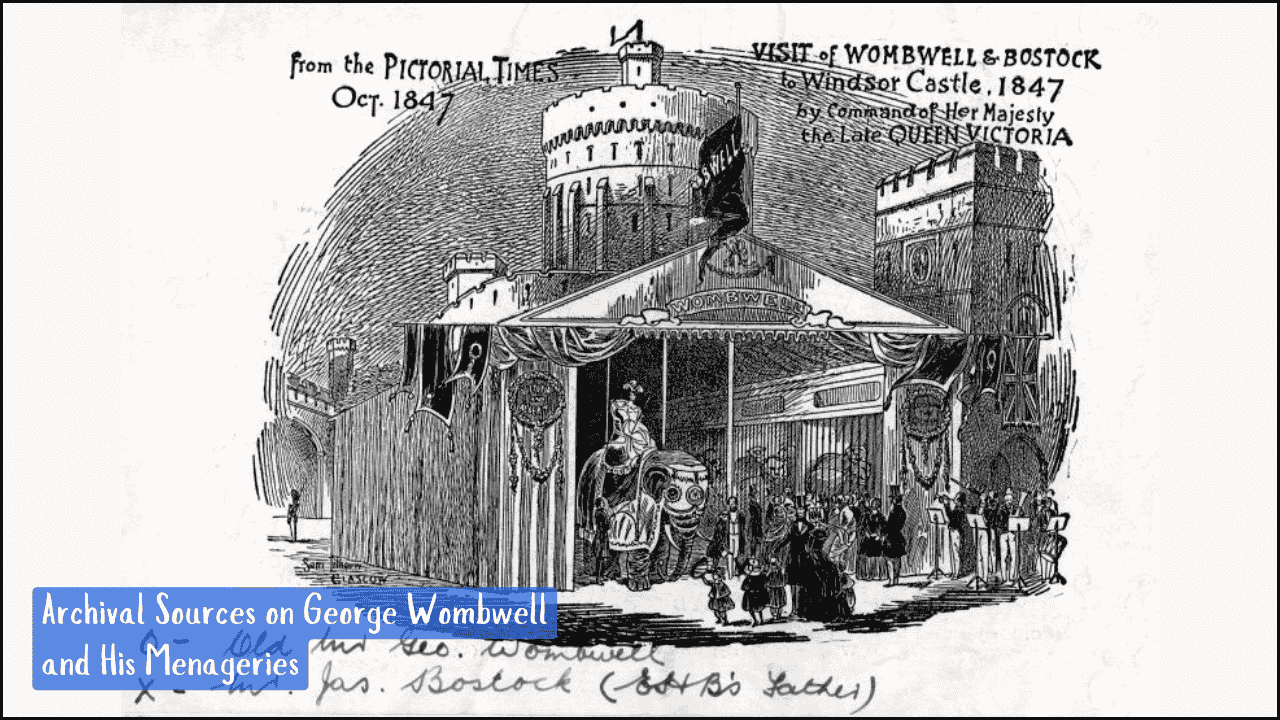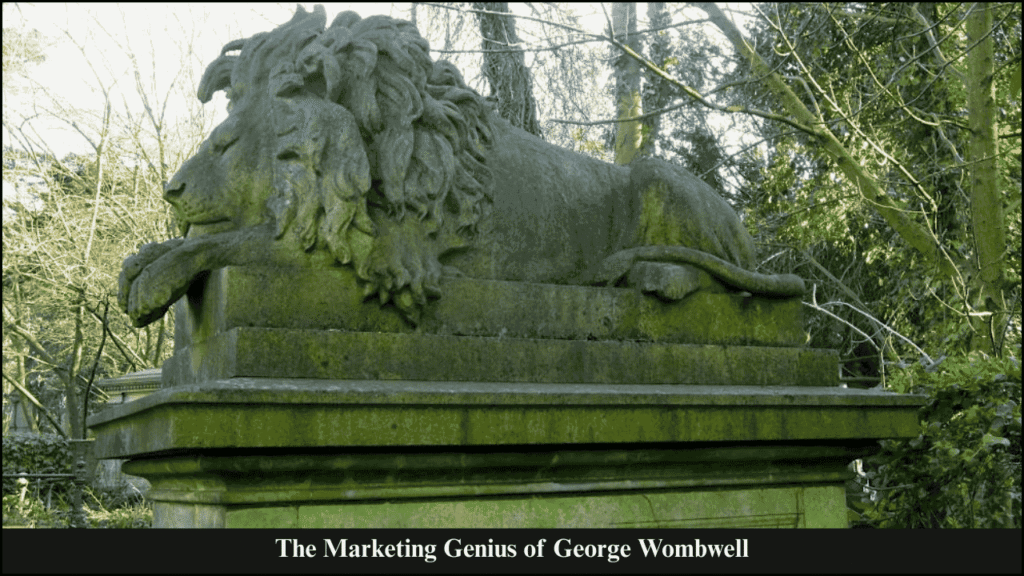
George Wombwell (1777–1850) represents a pioneering figure in British entertainment. His creation of traveling menageries transformed public spectacle into a profitable and admired business. Marketing ingenuity and strategic planning allowed Wombwell to blend curiosity, education, and amusement into ventures that captivated audiences throughout Britain.
Public fascination with exotic animals during the 19th century created an ideal environment for Wombwell’s enterprise. His approaches to advertising, branding, and audience engagement offer enduring lessons in marketing that continue to influence the entertainment industry today.
Table of Contents
Early Career and Initial Ventures
- Investments in Unique Attractions
- Purchased two boa constrictors in 1804 for £75, demonstrating entrepreneurial risk-taking.
- Earned immediate profit by displaying the snakes in taverns and charging entry fees.
- Establishment of the Travelling Menagerie
- Acquired lions, tigers, leopards, elephants, and exotic birds from Africa, South America, and India.
- Launched Wombwell’s Travelling Menagerie in 1810, pioneering mobile entertainment in Britain.
- Promotional Methods
- Advertised using posters, handbills, and newspapers to generate curiosity.
- Targeted fairs, markets, and public gatherings as platforms for audience engagement.
Innovative Marketing Techniques
- Advertising and Publicity
- Created bold advertisements emphasizing rare and exotic animals.
- Generated news coverage by exhibiting the first lion born in captivity in Britain.
- Spectacle-Based Engagement
- Organized lion-baiting events, parades, and staged performances to attract audiences.
- Incorporated storytelling and informative demonstrations to combine entertainment with education.
- Branding Consistency
- Implemented a recognizable brand identity using consistent logos, signage, and slogans.
- Maintained uniform presentation of shows, reinforcing reputation and public trust.
Expansion and Business Growth
- Scaling the Menagerie
- Expanded to 15 wagons by 1839, accompanied by a brass band to enhance the spectacle.
- Introduced new animals and performances regularly to maintain audience interest.
- Geographic Reach
- Traveled across major towns and cities to maximize audience exposure.
- Focused on fairs, festivals, and urban events as high-traffic marketing opportunities.
- Family Management
- Involved family members in operational and promotional activities to sustain the business.
- Ensured continuity and preservation of the menagerie brand after Wombwell’s death.
Marketing Tactics Illustrated
| Strategy | Details | Impact |
|---|---|---|
| Exotic Animals | Acquisition of lions, tigers, elephants, and rare species | Created curiosity and drew crowds from across Britain |
| Advertising | Bold posters, handbills, and newspaper announcements | Increased public awareness and generated excitement |
| Public Stunts | Lion baiting, parades, storytelling performances | Engaged audiences and created memorable experiences |
| Branding | Consistent slogans, logos, and visual identity | Built trust and reinforced brand recognition |
| Family Management | Involvement of family members in operations | Ensured continuity and operational stability |
| Travel Expansion | 15-wagon setup with brass band | Enhanced spectacle and attracted larger audiences |
Audience Engagement Strategies
- Interactive Experiences
- Allowed visitors to view animals up close under supervision.
- Encouraged questions and shared information about animal behavior.
- Educational Storytelling
- Provided historical and cultural background on animals.
- Used stories to make exhibits memorable and increase return visits.
- Special Attractions
- Highlighted unusual animals or births to generate news coverage.
- Created anticipation through announcements in newspapers and posters.
Legacy and Influence
- Impact on Entertainment Marketing
- Set early examples for using publicity and branding in show business.
- Influenced future showmen, including Frank C. Bostock, who expanded traveling menageries in Britain.
- Cultural Contribution
- Popularized exotic animals and shaped public interest in natural history.
- Inspired educational exhibitions and zoological gardens in subsequent decades.
- Business Longevity
- Ensured the family continuation of the menagerie after his death.
- Left a legacy of combining spectacle, education, and strategic marketing for long-term success.
Key Takeaways
George Wombwell’s marketing genius transformed traveling menageries into a renowned entertainment brand. His innovative use of advertising, public stunts, and consistent branding set standards for audience engagement that remain relevant today. Wombwell’s strategic combination of education, spectacle, and curiosity demonstrates the lasting impact of effective marketing in creating cultural phenomena.


